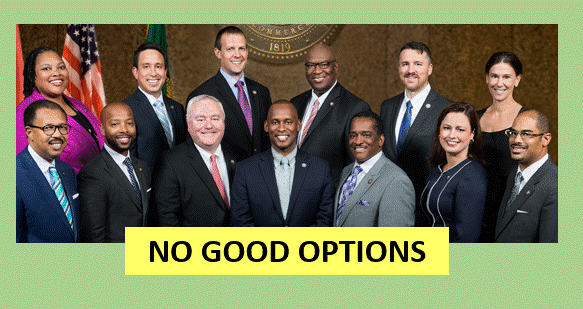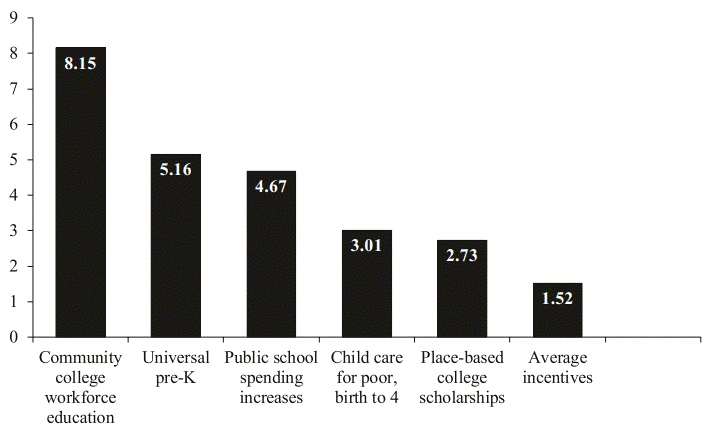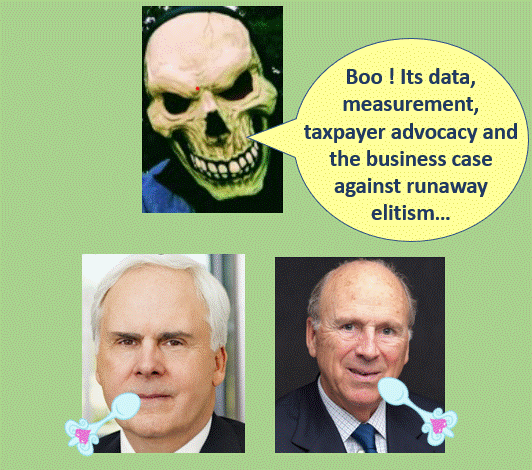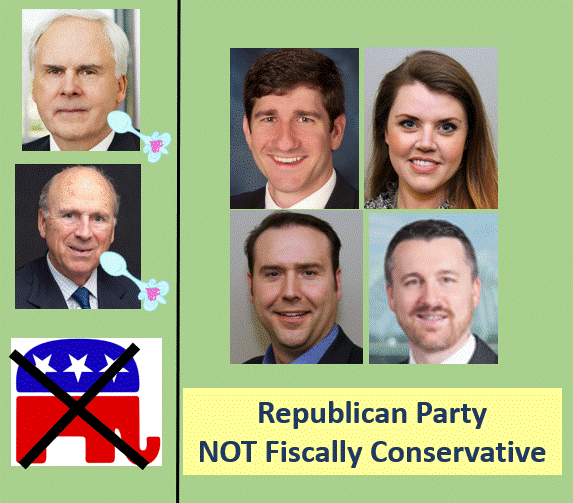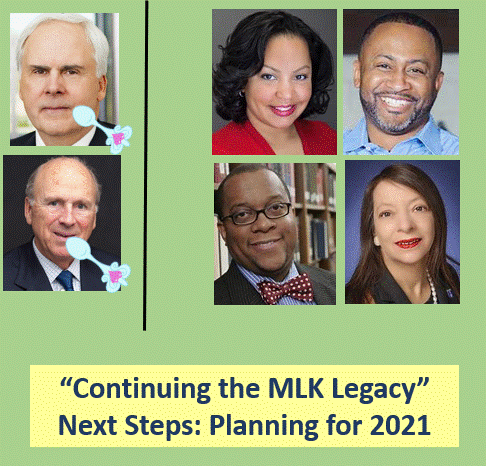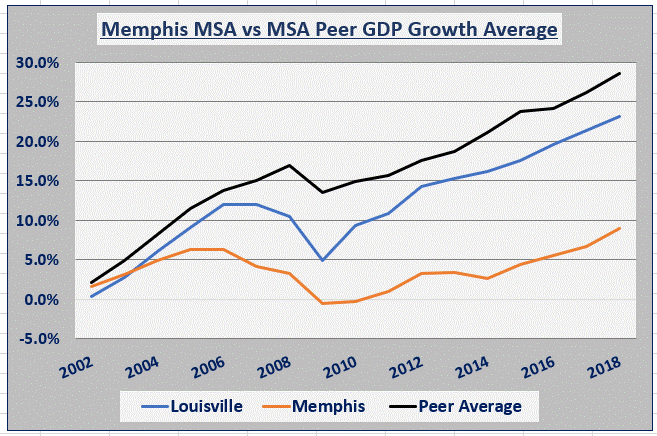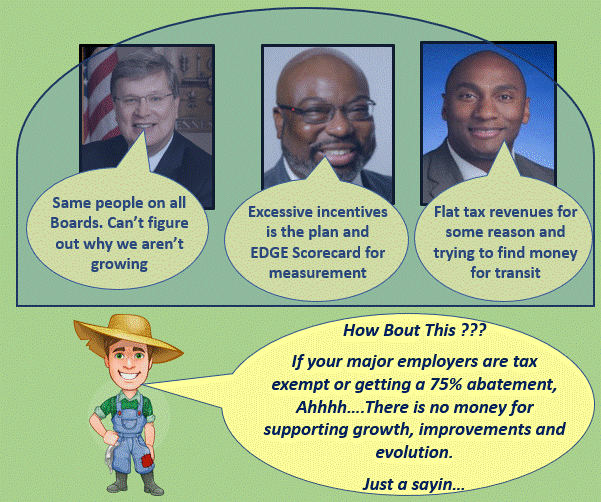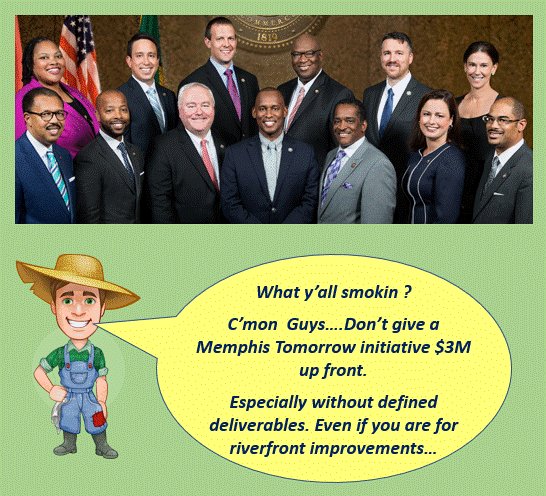The corporate elitist formula is on full display for taxpayers. That formula is to bully taxpayers into a corner, with no good options but to fund a public service that the community needs and the corporate elitists massively consume – public transit. Not funding transit through an increased $20 fee/tax actually makes life worse for Shelby Countians, especially it’s most vulnerable.
The revenue shortfall to fund public transit stems from excessive corporate/real estate incentives and a botched workforce development system over a number or years administered by the Memphis Tomorrow public-private complex. As a result, when coupled with slow growth, Memphis/Shelby taxpayer revenue shortfalls exceed $50M per year.
The challenge for local legislators is that they need new revenue now. And the only way to get new revenue now is to tax the general population. Revenue shortfalls to support growth, which includes, in part, funding for public transit, are already scheduled and baked into future budgets with previously approved excessive corporate/real estate incentives for years to come.
And while yes, some savings can be had here and there, maybe like $500k-$1M from the community enhancement program, massive revenue shortfalls to fund scheduled business growth still remain from the formula product of runaway corporate elitism. So the public and legislators are backed into a corner with the $20 fee as the least bad option. But there are research based solutions to limit future revenue shortfalls that come in the form of true economic development for all.
Solution: Bartik’s Research
In the current environment and with no economic development plan, Dr. Timothy Bartik’s Making Sense of Incentives research should be required reading for local legislators. Bartik’s work was provided to me by Charles Gascon of the St. Louis Federal Reserve. After all, there is nothing research based about bully corporate runaway elitism.
To that extent, like this blog, while not being opposed to the use of tax incentives, Bartik documents a number of leakages in common tax incentive modeling. Bartik further makes clear that economic modeling assumptions are critical in effectively understanding economic and fiscal impact. In his research, that focuses primarily on state incentives, Bartik communicates the following benefit cost ratios for economic development:
Public transit was not part of Bartik’s consideration in this case above but would certainly be part of overall economic development efforts in helping the most vulnerable get to work. But, while leveraging his research, in a City Lab interview on incentives and specifically in regard to the Amazon HQ2 package, Bartik says about the winning Virginia incentive package that was not the most lucrative:
“In Virginia’s case, a lot of the “incentives” were public-service enhancements: a new campus of Virginia Tech in Northern Virginia, improvements in public transit, enhancements in job skills. This kind of package makes more sense than just throwing a lot of cash at the company.”
The currently proposed tax incentive fiscal note impact (TIFNI) platform fully leverages Bartik’s research based approach to sizing tax incentives. TIFNI accommodates assumption modeling and opportunity costs into its calculations. There are research based approaches to economic development but runaway elitism is not one of them.
Legislators should consider this reality moving forward, while knowing that even within the tax incentive environment Bartik aggressively questions, that Memphis/Shelby tax incentives are still $250-400M excessive when benchmarked against other cities.
Conclusion
Memphians should know that runaway elitism has been culturally normed. After all, there are a vast number of local leaders that stand by while the workforce development system is botched, cheer on excessive corporate/real estate incentives and turn around and pray for Memphis.
While becoming aware of culturally normed runaway elitism and bullied into a corner, with no good options, legislators and the public need to bite the bullet on the $20 fee while moving forward with measurable research based economic development efforts. These efforts include massive incentive reform while confronting runaway elitism.
With major employers either tax exempt or getting 75% abatements, there is no money for community evolution. The LOSB and TIFNI research based economic development solution is ready to go and will help confront runaway elitism of the type that requires persistent tax increases while amplifying community imbalances. Implementation of TIFNI will help avoid future revenue shortfalls.
With no good options, legislators should rest easy voting for the $20 fee while coming back and confronting the fiscal liberalism of the corporate socialists through aggressive economic development reform. In this way, legislators address both short term and long term community needs for years to come….

